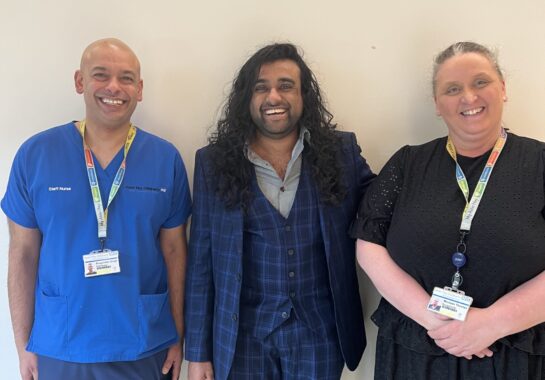Our amazing Fresh CAMHS team provide a community-based mental health service in Liverpool for children and young people up to 18 years of age and their families who are struggling with how they are feeling, thinking or the way they are doing things.
For a lot of young people, playing video games can be a passionate and rewarding hobby. But playing too late at night or too often can sometimes lead to a negative impact on other parts of life.
This was the case for one young person with autism, whose identity we have protected and who was being seen by one of our CAMHS team, and who showcased innovative thinking to improve the young person’s mental well-being. They would often stay up late playing video games which in turn led to being tired for school, an increase in bad moods and it also affected their ability to stay present during school lessons. It sometimes caused issues at home and affected grades at school.
Instead of suggesting that they stop playing video games as you might expect, one of our CAMHS team instead suggested tapping into their love of gaming.
The young person’s psychologist encouraged them to chase their passion for playing video games by exploring a Video Game Design course to motivate them during their upcoming exams.
The young person’s psychologist also contacted academics at the University of Liverpool who specialise in Game Design to see if they would be open to meeting with this young person to help further inspire their interest. Earlier this month, the young person got to visit the department and experience what it would be like to go into Game Design.
The approach has led to lots of positive improvements in their life, both at home and at school.
The young person’s mum said: “Following this intervention, they are going to school on time, are present in lessons throughout the day, and are even going to sleep at a reasonable time, too, which overall has improved their mood and relationships with myself and school.”
Well done to the young person and to our amazing CAMHS service, whose innovative approaches to their profession showcase that therapy is not the only method to improve the mental health of children and young people.
Read more patient stories